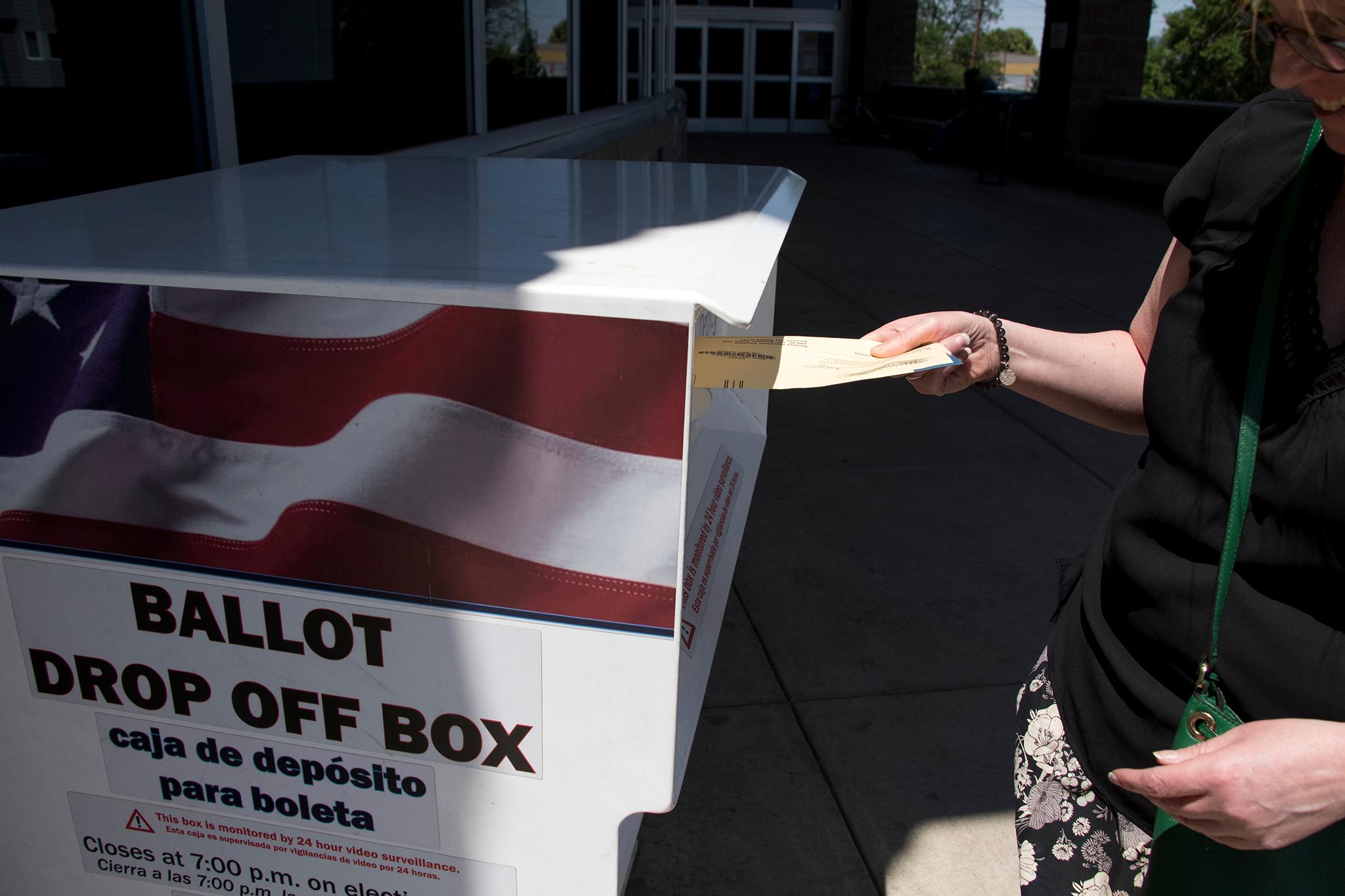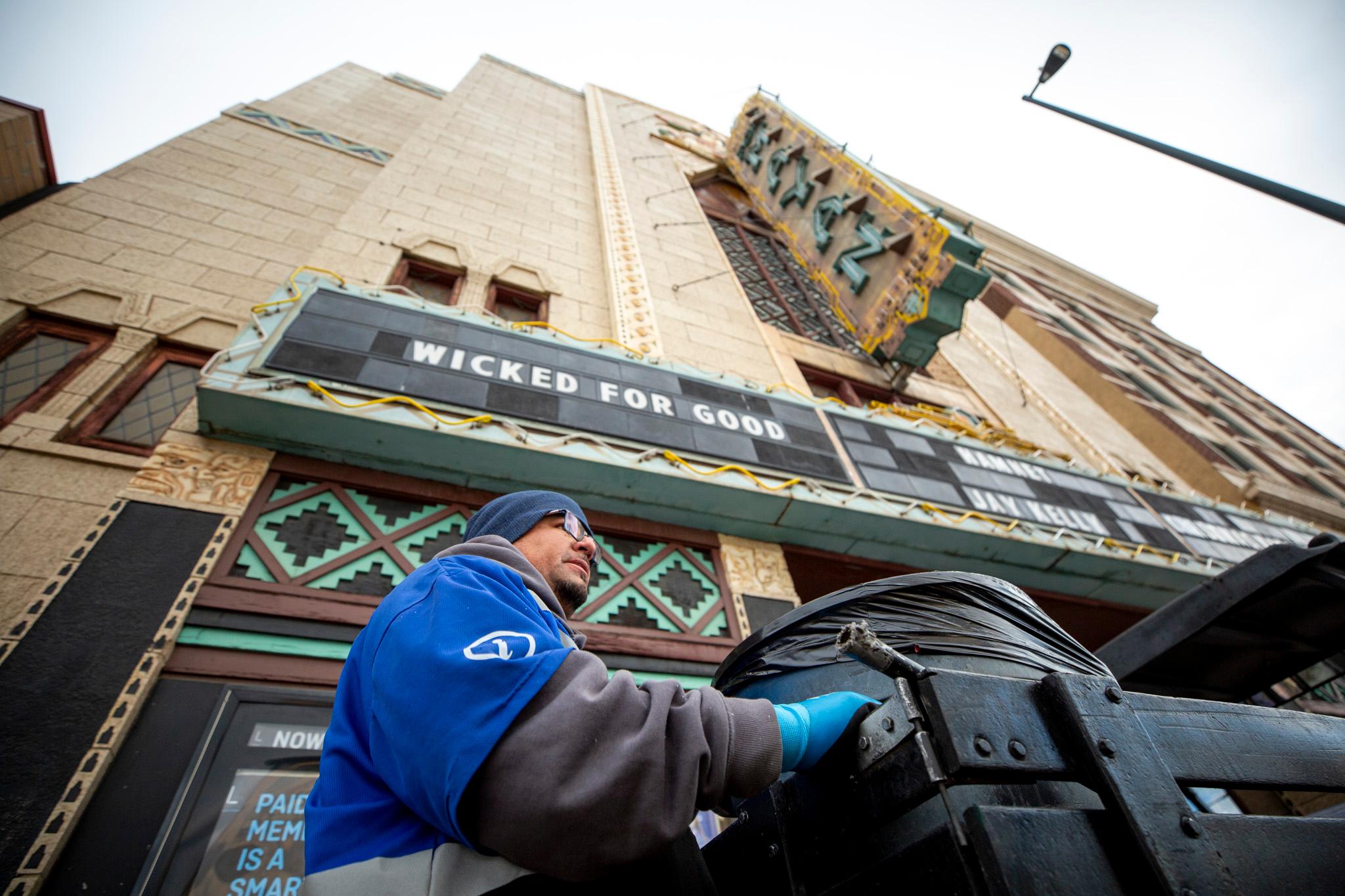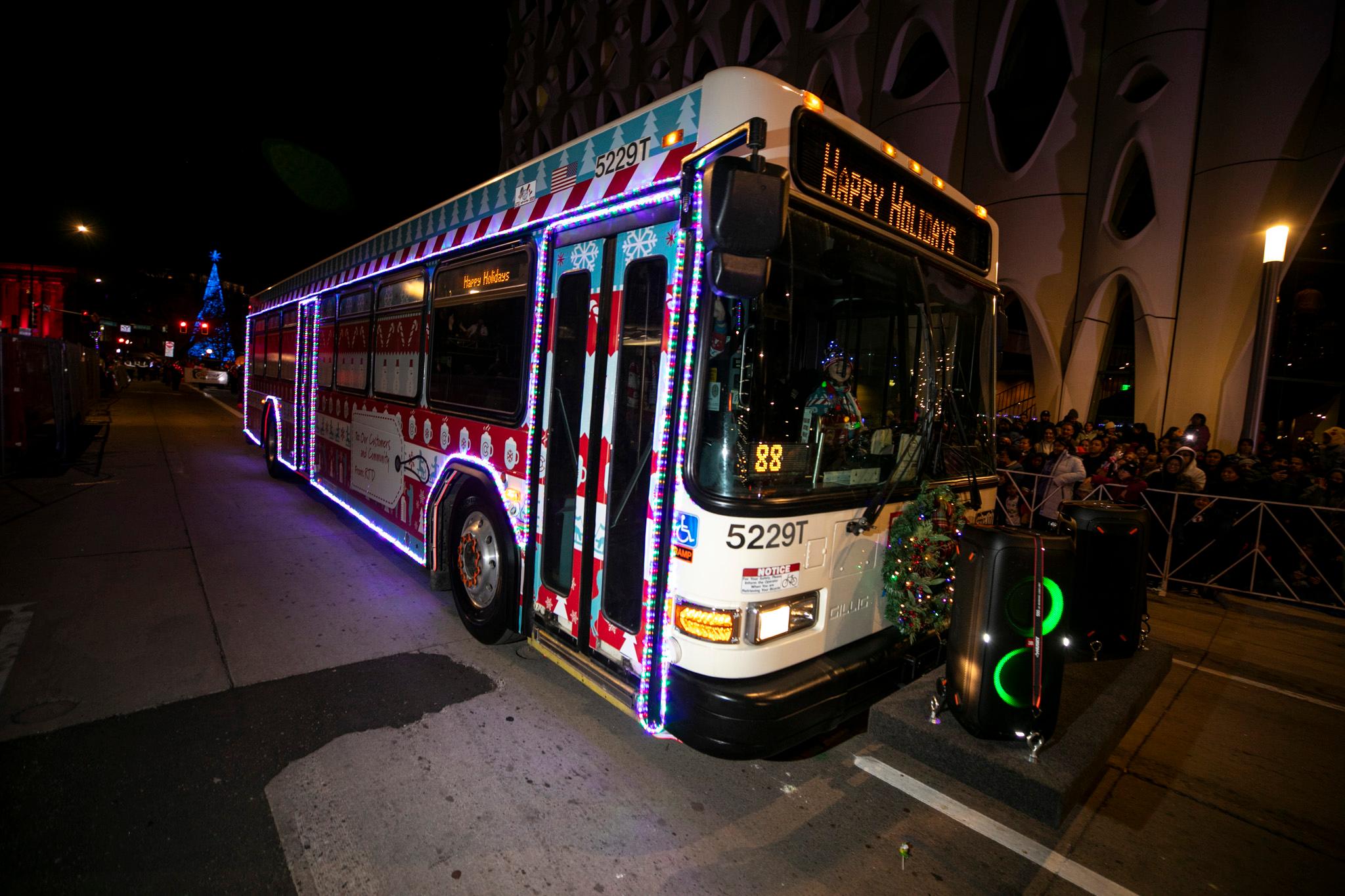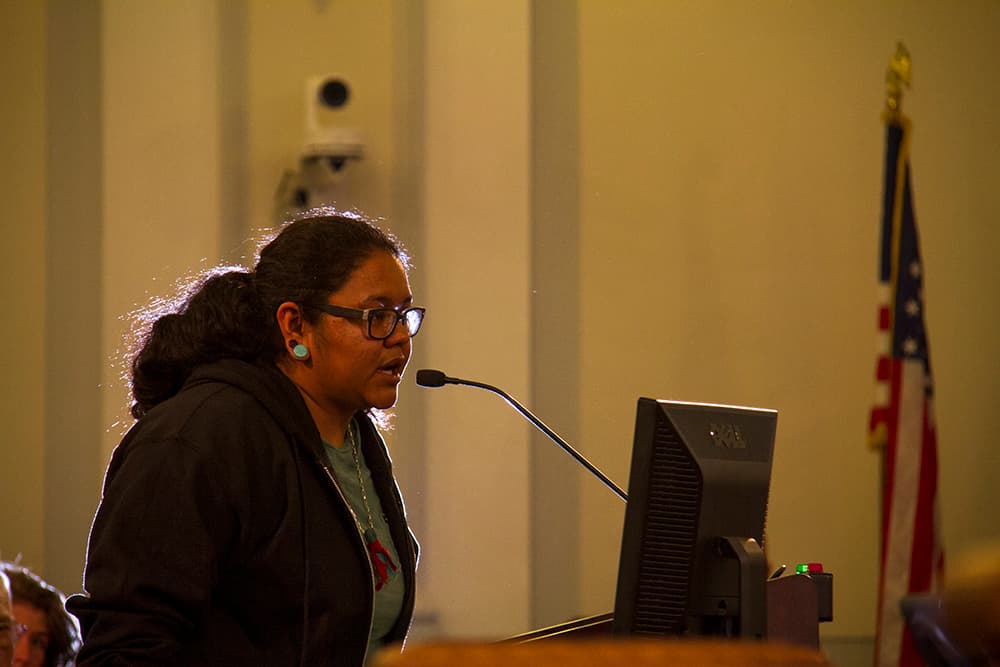Correction: The election rules update ordinance passed on Monday, June 25.
Just when Denver chatter around extraterrestrials may have been peaking, a classic "X-Files" tagline -- the truth is out there -- was failing the city's voters and its elections division.
In 2010, Denver voters had the pleasure of considering Initiative 300, which would have created a Denver Extraterrestrial Affairs Commission. (Eighty-two percent voted "no," which was enough to defeat it on this planet and a couple of moons -- here's one astrobiologist's op-ed against it.)
But in the run-up to the election, voters naturally had questions, Denver Elections Director Amber McReynolds said this week. They wanted to know what it would cost. And there wasn't a "blue book" that described the potential financial impacts or summarized the pros and cons -- because this was a municipal issue, not a statewide one. The truth, if it was out there, was not being summarized and delivered directly to voters.
"We get calls from voters during the election process," she said. "Maybe there's a city issue on there, or a city-referred measure -- green roof is a good example." And the early Denver-specific marijuana issues.
People ask what things will cost and how the city will handle them.
Denver Elections is working to create a blue book for municipal elections. McReynolds said she has spoken with Denver Clerk Debra Johnson, and been meeting with Denver City Council to discuss it, and the council approved on Monday an ordinance that updates election rules, including providing for a municipal blue book.
Discussing the proposal in a committee meeting earlier this month, Councilwoman Kendra Black said, “the city’s going to have to hire seven full-time people (to implement green roof provisions) ... had we known that last year, (that information) would have been on the ballot.”
Council President Albus Brooks sounded a supportive note, too. “I think the more information we can provide, the better. We didn't get a chance with green roofs to talk about a fiscal impact to that … I think it’s important.”
Councilwoman Mary Beth Susman was a little skeptical. She was concerned about how the book would analyze and contextualize arguments for and against various initiatives.
There are many details to work out, but the general shape of the blue book plan is clear.
In some ways it's similar to the process that exists for the state, but because the city government is different from the state government, there will be some new territory to cover, and a lot of the rulemaking around that would come afterward.
"Every issue that's on the ballot is in the blue book, summarized with financial information, pros and cons," McReynolds said. And that will be the goal for Denver, too.
Denver Elections has already certified one set of petitions for the 2018 ballot -- the public campaign financing ordinance going by the name "Democracy for the People." Under Denver Elections' blue book plan, Elections would have sent the Denver Department of Finance information about the proposal as soon as it certified the petitions, so that Finance -- or a nonpartisan designee -- could begin the work of estimating city costs associated with it.
"We're focused on impact on city operations and what the costs are around that," McReynolds said. "For instance, for the green roof initiative, we wouldn't publish, 'This is what it's going to cost developers,' or anything -- it's really city operational impact."
The ordinance also lowers the minimum age for circulating petitions.
Right now, you have to be 18 years old to ask people to sign initiative, referendum or recall petitions necessary to get something onto Denver ballots. McReynolds said she's heard from people who've had high schoolers interested in the process who wanted to help a campaign.
"We think it's a good way for younger citizens to get involved in the process early on," she said.













